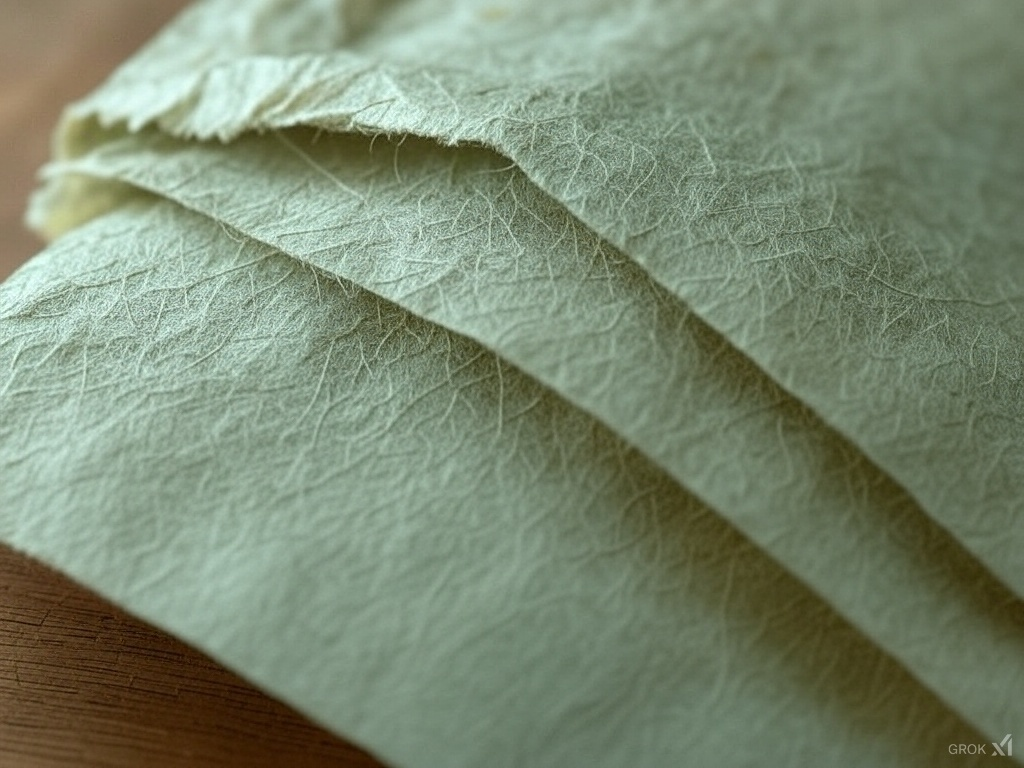Let’s talk about paper recycling and its hemp-powered rival, shall we? Everyone loves a good eco-friendly story—reusing old newspapers, saving trees, hugging the planet. But before we get too smug sipping our oat milk lattes from recycled cups, let’s dig into some facts, sprinkle in a bit of humor, and see if recycling is the hero we think it is—or just a well-meaning sidekick with a questionable cape.
Water and Energy in Paper Recycling
The US Environmental Protection Agency (EPA) does indeed confirm that recycling one ton of paper saves around 7,000 gallons of water compared to virgin paper production. Sounds great, right? But hold your applause—recycling isn’t a water-free party. The process still guzzles water and energy, not to mention a cocktail of chemicals to make that old pizza box look pristine again.
Check it out: https://www.epa.gov/recycle/recycling-basics-and-benefits
Chemicals and Dioxins: The Not-So-Fun Part
Bleaching recycled paper often involves chlorine or its derivatives, which can spawn dioxins—nasty little toxins that don’t exactly play nice with water, soil, or, you know, us. The World Health Organization backs this up, warning about dioxins’ environmental shenanigans.
Source: https://www.who.int/news-room/fact-sheets/detail/dioxins-and-their-effects-on-human-health
So, while we’re saving trees, we might be quietly seasoning the planet with a toxic garnish. Yikes.
Hemp Paper: The Underdog Superhero
Now, let’s pivot to hemp paper, which struts onto the scene like it’s auditioning for Captain Planet. It’s true—hemp paper can be made without the bleach and chemical drama of recycled paper. Plus, industrial hemp grows in just four months, while trees take 10-20 years to mature. Oh, and here’s the kicker: one hectare of hemp yields four times more paper than a hectare of forest.
Carbon Footprint: Recycling’s Dirty Secret
Recycling paper isn’t all rainbows and low emissions. The process demands energy—think pulping machines, transport trucks, and factories humming away. The International Energy Agency (IEA) notes that industrial recycling has a carbon footprint that’s hard to ignore. So, while we’re patting ourselves on the back, our carbon shoeprint is quietly stomping around.
A Tale of Paper, Hemp, and Eco-Irony
Picture this: you’re at a sustainability conference, smugly clutching your recycled notebook, when someone drops the bomb—recycling paper isn’t the golden ticket we thought it was. Cue the gasps, the spilled kombucha, the awkward silence. Turns out, recycling’s water usage is like a kid who promises to take shorter showers but still leaves the tap running. Sure, it saves 7,000 gallons per ton compared to virgin paper, but it’s still splashing around in the tub while hemp paper’s out there air-drying like a champ.
And the chemicals? Oh boy. Recycling paper is like trying to clean a stained shirt with bleach—you might get it white, but now the sink’s glowing with dioxins. Meanwhile, hemp paper skips the bleach entirely, probably sipping herbal tea and meditating in a field somewhere. It’s the chill, low-drama option we didn’t know we needed.
Then there’s the growth game. Trees take decades to grow—practically a lifetime if you’re a TikTok-obsessed teenager. Hemp? Four months, boom, done. It’s like the Usain Bolt of plants, leaving trees wheezing in the dust. Plus, you get four times more paper per hectare. If this were a productivity contest, hemp would be collecting its gold medal while trees are still tying their shoelaces.
But wait—recycling’s carbon footprint sneaks up like that friend who “borrows” your fries but never shares theirs. All that energy for pulping, trucking, and processing? It’s not exactly whispering sweet nothings to the planet. Hemp, on the other hand, is out there photosynthesizing like it’s auditioning for Earth’s next top model, keeping its carbon drama to a minimum.
Time to Rethink the Green Gospel
So, is paper recycling bad? No—it’s still better than chopping down forests like we’re in a medieval lumberjack frenzy. But let’s not kid ourselves: it’s not the eco-miracle we’ve been sold. It’s more like a well-intentioned uncle who means well but keeps forgetting to turn off the lights. Hemp paper, though? It’s the quirky cousin who shows up with a solar-powered RV and a compost toilet, ready to save the day.

The moral of the story? Next time someone preaches the gospel of recycling, toss them these facts and watch their jaw drop. Maybe it’s time we stop worshipping at the altar of the recycling bin and start planting some hemp instead. After all, why settle for a soggy, chemical-soaked redo when you can have a fresh, green win? Now, if you’ll excuse me, I’m off to write this essay again—on hemp paper, naturally. 😄